It is John Leland, the 16th century antiquary, who first mentions that it was Clifford who murdered the seventeen-year-old Edmund, William of Worcester in his Annales Rerum Anglicarum writes "and in the flight after the battle, Lord Clifford killed Edmund Earl of Rutland, son of the Duke of York, on the bridge at Wakefield." but its Shakespeare who puts the following words into Clifford's mouth.
"Thy father slew mine; and so will I do thee and all thy kin."
The violence and family feuds did not end with the death of Edmund.
Interesting, the word feud in English and in Latin means the threat to take revenge and these acts of vengeance were often the result of a long standing feud, and you will get no bigger than the ill feeling between York and Lancaster.
Vengeance, in what ever time period, is one of the worst of human traits, but it is an intriguing one none the less.
There is a little more on the act of revenge in my blog which can be accessed here:
meanderingthroughtime.weebly.com/wars-of-the-roses-blog/vengeance-is-mine
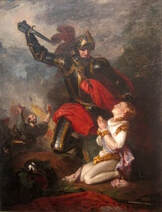






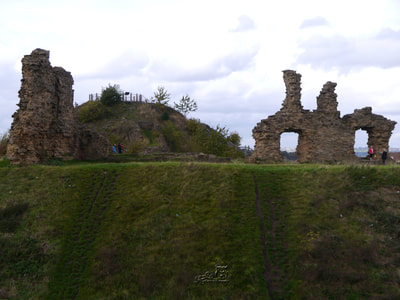
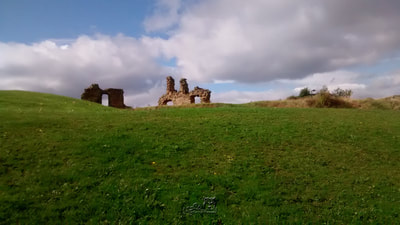
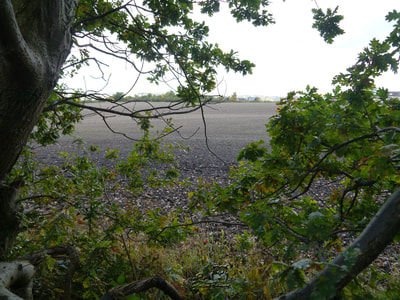
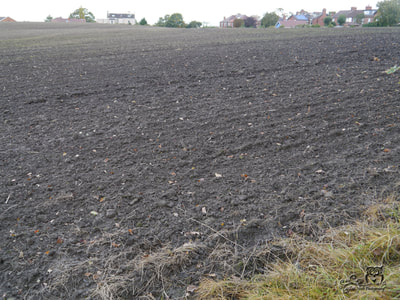
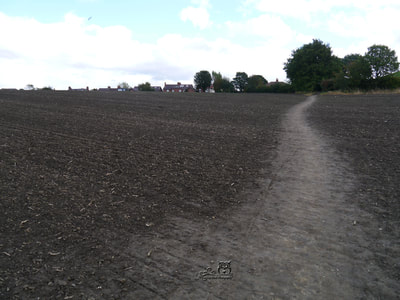
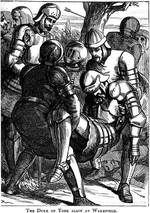
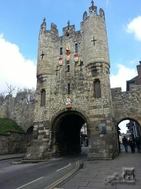
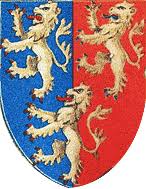
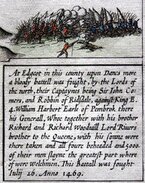
 RSS Feed
RSS Feed
